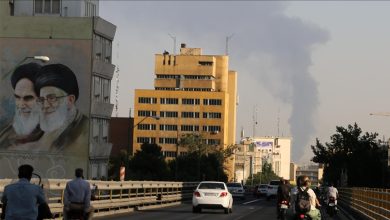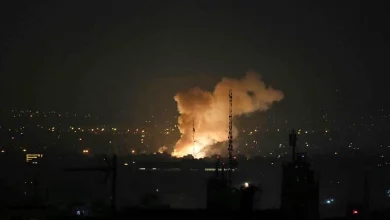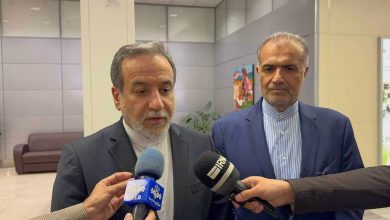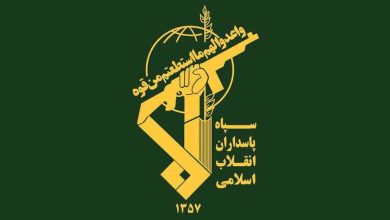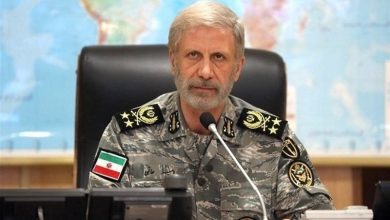Taliban: US lifted $10 million reward for information on deputy chief Haqqani
The Taliban announced that the United States has lifted a $10 million bounty previously placed on Sirajuddin Haqqani, who serves as the deputy chief and interior minister of the group.

Abdul Mateen Qani, a representative for the Taliban’s interior ministry, announced that the United States has retracted the reward for Sirajuddin Haqqani, previously issued under the State Department’s Rewards for Justice initiative. This action removes Haqqani from the list of wanted individuals.
As of Saturday, the FBI’s official website continued to list the bounty, indicating that Haqqani is “believed to have organized and engaged in cross-border assaults on United States and coalition forces operating in Afghanistan.”
The State Department has yet to issue an official response concerning the recently reported decision.
Haqqani leads the Haqqani network, a prominent faction within the Taliban recognized for its military activities.
Established by Jalaluddin Haqqani in the 1970s, the Haqqani network rose to prominence during the Soviet-Afghan war, benefiting from support extended by both the United States and Pakistan. Over time, it transformed into one of the most powerful militant factions, with Sirajuddin Haqqani assuming leadership in subsequent years.
U.S. officials have attributed a series of deadly assaults on coalition forces in Afghanistan to the network, which allegedly operated before the Taliban’s reinstatement in August 2021.
The group, linked to a series of high-profile attacks such as suicide bombings and assassinations, was officially classified as a terrorist organization by the United States in 2012. Subsequently, its leadership has faced sanctions imposed by Western governments.
Following its assimilation into the Taliban’s leadership framework after the group’s resurgence to authority, the network has emerged as a prominent and influential faction within the Taliban. It now commands considerable sway over military and security operations in Afghanistan.
Sirajuddin Haqqani has consistently been a polarizing presence in the ongoing dynamics between the United States and the Taliban.
Despite being previously labeled a “global terrorist” by the United States, Haqqani has maintained a significant role within the Taliban’s government, where he is responsible for managing Afghanistan’s internal security affairs.
His role within the administration has been a source of tension between the Taliban and Western nations, which persist in imposing sanctions and declining formal recognition of the group’s governance.
The reported withdrawal of the bounty occurs as the Taliban intensify their efforts to gain international recognition. These efforts include lobbying for diplomatic engagement, advocating for the unfreezing of the Afghan Central Bank’s assets held by the United States, and seeking the lifting of travel restrictions on their officials.
The group’s resurgence occurred in the wake of a tumultuous U.S. withdrawal, which has faced widespread criticism for its disorderly nature. This exit left billions of dollars in military equipment and thousands of Afghan allies who had supported American forces, in its aftermath.
The rapid capture of Kabul by the Taliban, occurring mere days before the United States concluded its troop withdrawal, has drawn attention to the shortcomings of Washington’s two-decade military intervention in Afghanistan. Originally launched under the banner of safeguarding the nation and preventing threats to American interests, the operation now faces scrutiny for its perceived ineffectiveness.
The $3 trillion military intervention successfully ousted the Taliban from formal power, yet the group maintained a significant foothold in Afghanistan. Despite the presence of American forces and efforts by the Afghan government, the Taliban gradually reclaimed and expanded its influence across the region.
In the wake of the 2021 military withdrawal from Afghanistan, a report issued by the Special Inspector General for Afghanistan Reconstruction (SIGAR) has highlighted significant systemic failures within U.S. policy. The report attributes the Afghan government’s collapse to pervasive corruption, the pursuit of unrealistic objectives, and a notable lack of coordination among American agencies.

